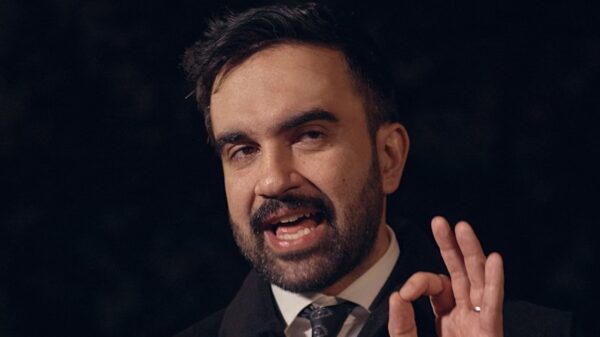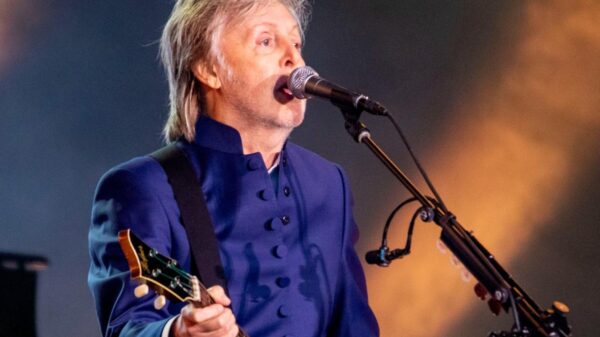During a recent summit in Beijing, Russian President Vladimir Putin and Chinese President Xi Jinping were overheard discussing the possibility of humans living beyond 150 years or even achieving immortality through advances in organ transplantation and biotechnology. Their remarks, captured during a hot mic incident, have sparked interest and skepticism among scientists regarding the potential for significant extensions of human lifespan.
Putin expressed optimism about the future of biotechnology, stating, “Thanks to the development of biotechnology, human organs can be continuously transplanted, people could get younger as they grow older, and may even become immortal.” Xi echoed this sentiment, mentioning predictions that humans could “live to 150 years old” within this century. Despite their enthusiastic conversation, experts caution that such claims lack robust scientific backing.
Scientific Perspectives on Longevity
According to experts in the field of human ageing, many ideas discussed by the leaders remain speculative. Ilaria Bellantuono, a researcher at the University of Sheffield, emphasizes that while significant research is uncovering the biological mechanisms behind ageing, the notion of immortality is still far-fetched. There is no consensus among scientists about whether there is a biological limit to human lifespan, and current records for longevity have not been surpassed in recent years.
The oldest confirmed age belongs to Jeanne Calment, who lived to be 122 years old. Despite advancements in health, records for extreme longevity have remained static. A study published in 2018 in the journal Science noted that mortality rates start to level off after certain ages, suggesting that a 115-year-old may not be at a higher risk of death than a 105-year-old. However, this does not imply that humans have reached the limits of longevity.
Critics like Eric Boulanger, a professor of biology and ageing at Lille University in France, argue that Putin’s comments go beyond merely delaying death and suggest a radical rethinking of human biology. Boulanger points out that the concept of regularly replacing organs is impractical, citing ethical concerns and the complex interconnectedness of bodily systems.
Investments and Future Research
The discussion surrounding longevity has gained traction in both scientific and commercial spheres. In 2022, Russia launched a project focusing on regenerative medicine with an investment of 38 billion rubles (approximately $460 million). This initiative highlights a growing interest in extending human lifespan, a topic also fervently explored by the Silicon Valley-led transhumanist movement. Notable figures such as billionaire Peter Thiel have invested millions into various longevity projects, aiming to unlock the secrets of eternal life.
Recent scientific advancements have started to shed light on potential methods to combat ageing. Researchers are particularly excited about the field of epigenetics, which examines how gene expression can change without altering the DNA sequence. This area of study has gained momentum as researchers explore how these changes may contribute to the ageing process. A study published in the journal Aging Cell this June indicated that the drug rapamycin could extend the lifespan of several animal models, including mice. However, researchers caution that there is no guarantee of similar effects in humans.
Ultimately, experts recommend focusing on improving the quality of life rather than solely extending lifespan. Bellantuono urges a shift in perspective, stating, “The focus should be on extending the number of years in good health.”
While the conversation between Putin and Xi has captured public imagination, the scientific community remains grounded, advocating for continued research into ageing without promising the unattainable. The pursuit of longevity may be a complex and uncertain journey, but it is one that continues to inspire both hope and scrutiny.


































































